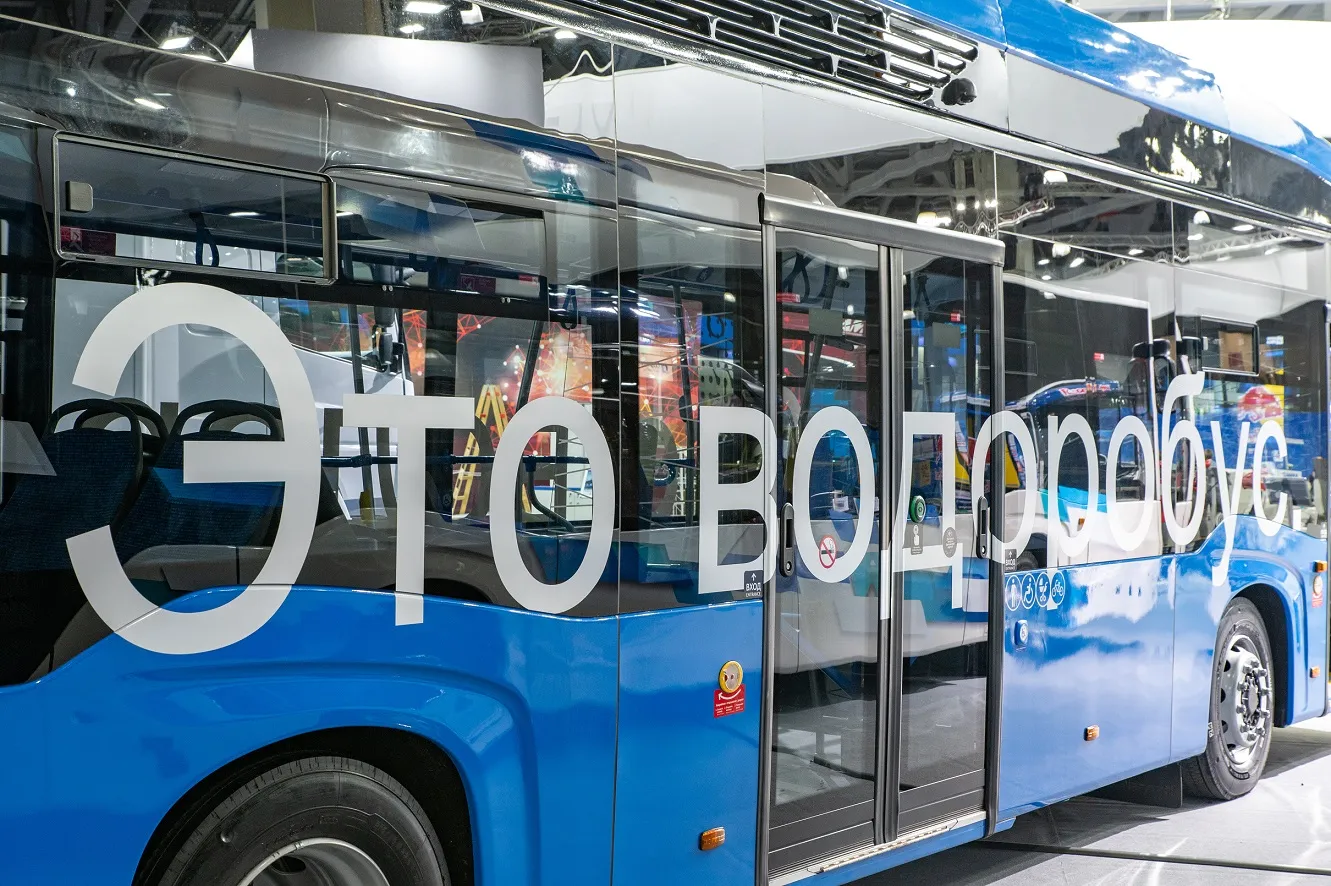Highway toll charges in South Korea for electric and hydrogen fuel-cell vehicles will halve from September, the transport ministry has said, reports Yonhap News Agency.
The government plans to temporarily operate the discount program for environment-friendly vehicles by 2020, the Ministry of Land, Infrastructure and Transportation said in a statement. Depending on the results, it will decide on whether to continue.
To get the discount, the drivers of electric and hydrogen cars must install Hi-pass, a prepaid system for expressways in South Korea.
By 2020, the government aims to increase the number of eco-friendly vehicles to 1.5 million, composed of 1.24 million hybrid cars, 250,000 electric cars and 10,000 hydrogen cars. The figures are sharply up from 275,000 units that included 260,405 hybrid cars, 14,861 electric and 128 hydrogen cars as of May this year.
South Korea reduces toll fees for EVs, hydrogen cars
Highway toll charges in South Korea for electric and hydrogen fuel-cell vehicles will halve from September, the transport ministry has said, reports Yonhap News Agency.
July 13, 2017
Read time: 1 min








